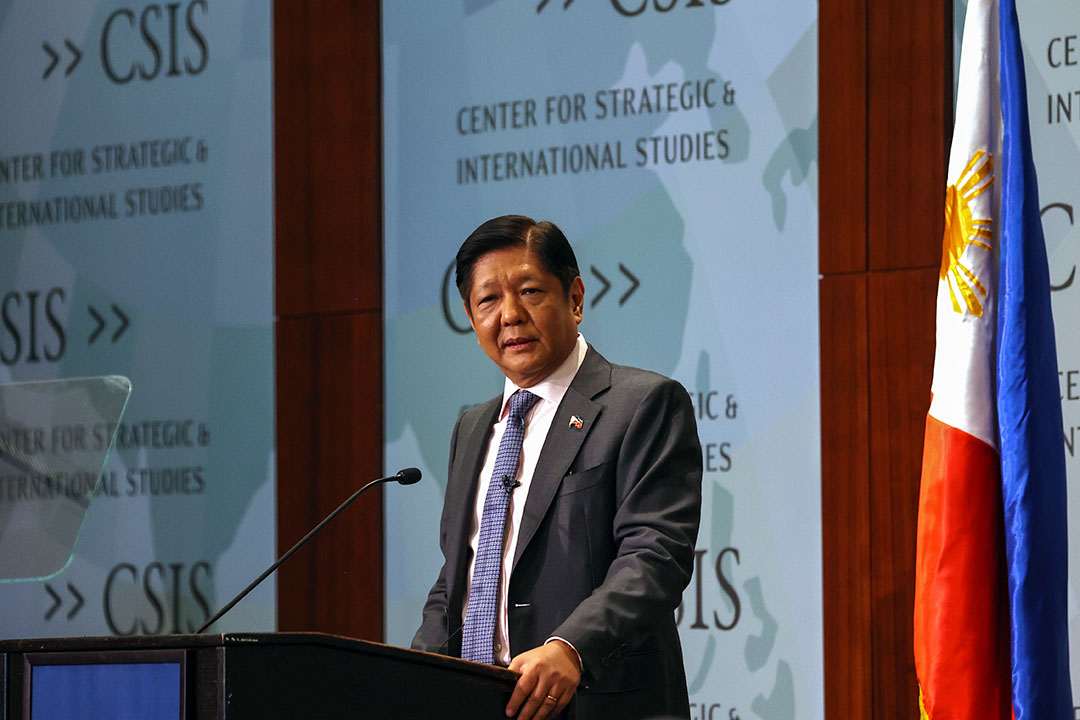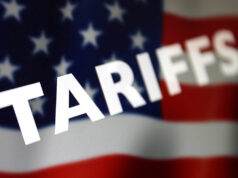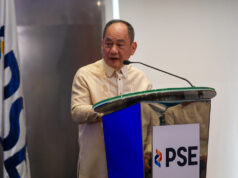Marcos more concerned about rebranding of family name than policy reforms — analysts

THE GOVERNMENT of President Ferdinand R. Marcos, Jr. appears more concerned about the rebranding of his family name rather than policy reforms, political analysts said on Thursday.
“There was a failure on his part to address our most urgent issues,” Temario C. Rivera, chairman of think tank Center for People Empowerment in Governance (CenPEG), told a forum.
Presidential Communications Office chief Cheloy Velicaria-Garafil did not immediately reply to a Viber message seeking comment.
The president had been “overly fixated on rebranding the family image,” he said, citing the revival of projects associated with his father, the late dictator Ferdinand E. Marcos, Sr. Including Masagana 99, Kadiwa Program and Bagong Pilipinas rebranding.
He added that Mr. Marcos Jr. had attempted to “negotiate a careful balance” between his father’s legacy with that of former President Rodrigo R. Duterte, who played a key role in his landslide victory last year.
CenPEG Director for Policy Studies Bobby M. Tuazon said there was nothing new with the president’s foreign policy. “It is basically a continuation of Philippine foreign policy seen in the last 70 years,” he said, citing its focus on ties with the United States.
Mr. Marcos in February gave the US access to four more military bases under the Enhanced Defense Cooperation Agreement (EDCA), which was built on the 1951 Mutual Defense Treaty and the 1999 visiting forces agreement between the Philippines and US.
Mr. Tuazon said the defense alliance with the US is dragging the Philippines to an unwanted war with China.
Mr. Rivera also cited bureaucratic inefficiency as well as the involvement of police in a P6.7-billion haul of crystal meth. “Without the support of critical institutions, the President can do little,” he added.
He also raised low utilization of funds in most government agencies, “They could have used it for very urgent social needs of the people.”
Maragtas SV Amante, former dean of the University of the Philippines School of Labor and Industrial Relations, noted that while the unemployment rate has eased to 4.3%, job quality leaves a lot to be desired, while many workers have been contractualized.
The jobless rate was 14.2% last year, 15.9% in 2021 and 16.2% in 2020, according to the local statistics agency. — Beatriz Marie D. Cruz



